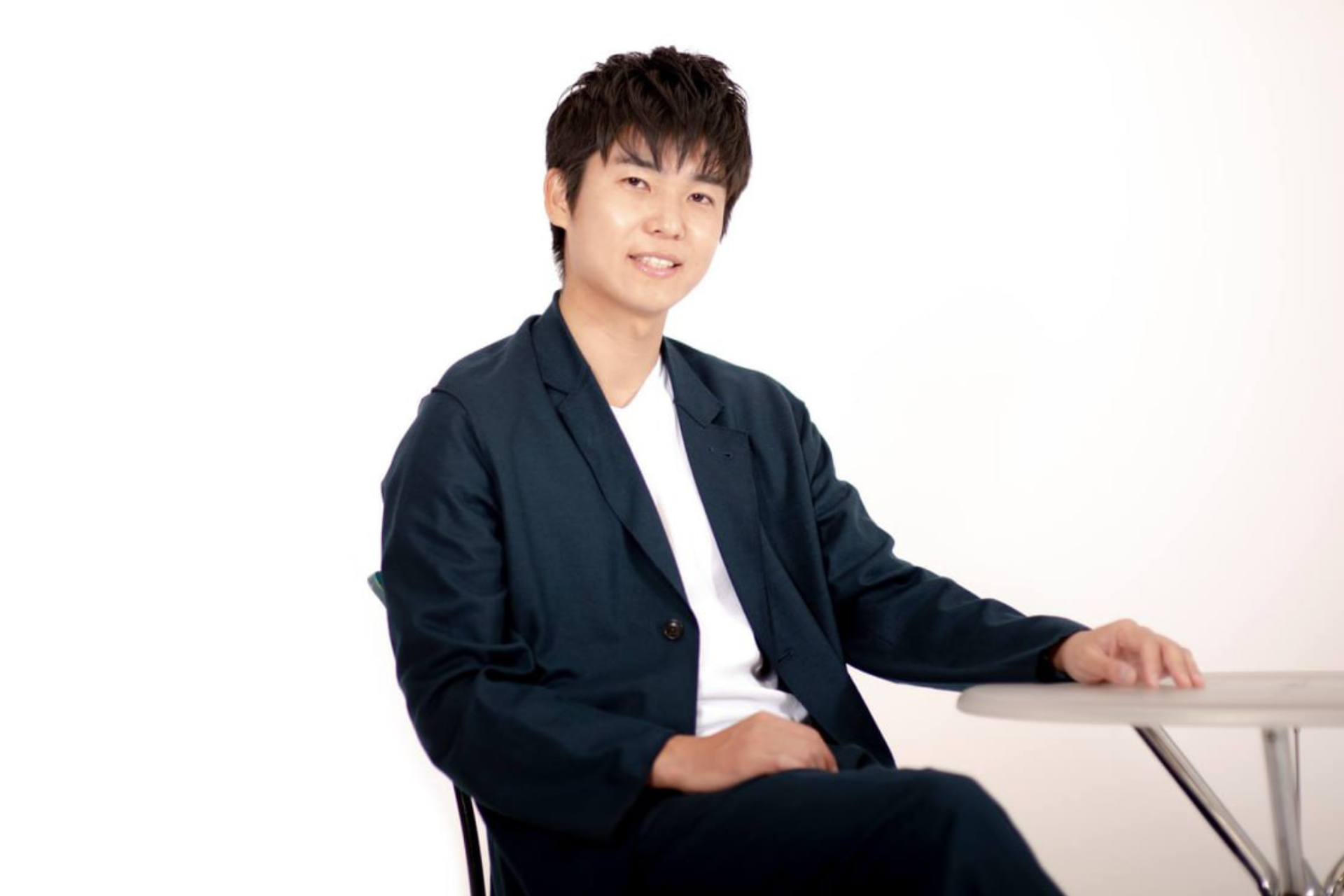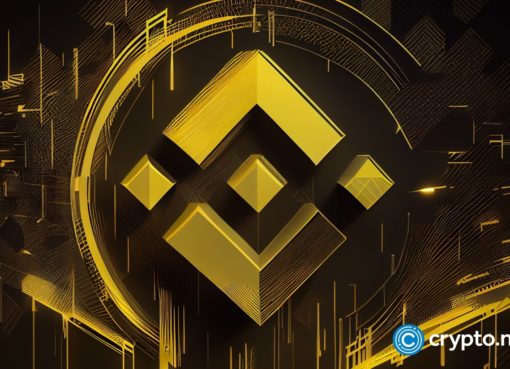Asia has massive potential to become the driving force of the worldwide adoption of web3 games and blockchain in years to come.
Disclosure: The views and opinions expressed here belong solely to the author and do not represent the views and opinions of crypto.news’ editorial.
Asia has been a prominent player in the gaming industry for some time, generating a significant amount of the world’s gaming revenue. One study uncovered that Asia is home to approximately 55 percent of the world’s blockchain gamers, and these users generate roughly 52 percent of worldwide annual revenue in the GameFi sector.
After games like Axile Infinity became popular in Southeast Asia and STEPN found dedicated users in Japan, many people in Asia experienced blockchain games. Asia’s gaming market is promising, and it continues to grow. Due to its dominance in the gaming sector, many are predicting Asia to become a blockchain hub.
However, the success of blockchain games is crucial to ensure the adoption of blockchain technology globally. The web3 gaming sector accounts for half of the entire blockchain industry. Looking forward, Asia has massive potential to become the driving force of the worldwide adoption of web3 games and blockchain in years to come.
The report by DappRadar has further emphasized Asia’s influence on the gaming sector, sharing that over 40 per cent of gamers in Japan are aware of Blockchain gaming. Moreover, 57 per cent of them have a positive impression of Blockchain gaming. The report also predicts the region will continue to dominate the web3 gaming ecosystem.
Market share of global gamers | Source: DappRadar
This is not just due to Asia having the highest quantity of gamers but also because it is home to the world’s largest gaming companies. Most of the world’s biggest gaming companies are based in Japan, South Korea, and China. The region already has the largest gaming markets on earth, and traditional web2 giants are showing interest in and experimenting with embedding web2 components.
For example, Square Enix is moving into web3 with Symbiogenesis, a gamified collectible experience. Other gaming giants are embedding blockchain into their games and creating web3 games too. Nexon Group, a multi-billion dollar gaming conglomerate based in South Korea, is creating a blockchain version of its popular game, MapleStory. Sony also has dozens of web3 and NFT gaming patents. Asia has a rich history of embracing new technologies that have transformed the gaming sector too. South Korea, for instance, has historically carried the flag for the adoption of free-to-play games.
The popularity of mobile gaming in Asia is already well recognised, and it is taking over console and PC games. Half of the top 10 mobile-specific gaming development companies are based in Singapore, China, or Japan, further illustrating that Asia is already a leader in consumer adoption of this kind of technology. Mobile penetration continues to be on the rise with no signs of slowing down. Mobile is expected to bring in an even bigger audience than ever before in the future. This kind of gaming is primed for the advantages that web3 offers.
China is ranked first, followed by Japan at third, and South Korea at fourth in smartphone game sales, even though both South Korea and China have regulations. As a result, they have excellent potential for in-game purchases. The move to blockchain gaming is only natural for Asia as the market is already so accustomed to these kinds of games.
Japan is drawing the most attention here since the government actively supports web3 projects. Fumio Kishida, Japan’s prime minister, suggested that blockchain technology might be able to address some of the country’s current technological problems. He said the Japanese government could utilize elements such as non-fungible tokens (NFTs) and decentralized autonomous organizations (DAOs) to promote ‘Cool Japan’ and revitalize regions. This strategy signifies a mandate embracing decentralized technologies, such as NFTs and the metaverse, as a primary area of business interest for the country.
Hong Kong is also positioning itself towards the cryptocurrency industry, creating a dedicated web3 marketing fund, legalizing stablecoins, and opening up asset trades to retail investors. Additionally, Beijing has released a white paper, dubbed “Web3 Innovation and Development White Paper,” which is all about ‘Internet 3.0’ and the metaverse. Web3 gaming is one of the most invested in verticals, and many new AAA titles are expected to release. Embedding DAOs and moving from web2 to web3 are some of the trends shaping the future of gaming in Asia. With web3, it is easier to create gaming communities in Asia.
In today’s fast-paced world, gaming has the potential to connect us with others and establish a community that is, unfortunately, lacking in many of our lives. With a large user base, forming these communities becomes more straightforward because players share a lot of common interests. For web3 games, community building is vital and having this kind of environment is highly important.
This is particularly the case in Japan, where games that promote teamwork and collaboration rather than competition are very popular. Hit games such as Monster Hunter ensure players cooperate to achieve their goals, and users join forces to defeat a big boss, and these elements are very common in Japanese smartphone games. It is also important to note the ‘Gacha’ culture, which is heavily focused on the idea that users must be willing to spend money for a blockchain game to succeed.
Most users currently spend money on blockchain games as an ‘investment’ in the hope they will see it grow. The key to a successful blockchain game is to entertain these users who are ‘investing’ and transform them from investors into ‘consumers.’ To truly aid this transition, blockchain games must be more than a means to invest. In other words, the games must be fun to play for users.
We need to give players both entertaining and rewarding experiences. The key to this success lies in combining the best of conventional web2 games with the unique advantages of blockchain games. Despite the criticism surrounding them, Gacha games are both profitable and popular. In this context, blockchain games and Gacha systems, popular in Asian smartphone games, can mesh well together.
Implementing more sustainable economic models will drive greater embracement of NFT technology and web3 gaming across the sector. Asia has huge potential in transforming investment money into consumption and launching a series of blockbuster titles. However, it is still essential to ensure the games comply with the laws of each country. It is a complex regulatory landscape. Since web3 gaming combines elements of NFTs, cryptocurrency, and blockchain technology, it brings about new challenges for governments and regulatory bodies.
For instance, in several Asian nations, regulations surrounding cryptocurrency use are subject to stringent restrictions and continuously evolving. Therefore, these constraints can potentially impede the expansion of web3 gaming in Asia and, therefore, worldwide adoption. The South Korean judiciary also ruled against a play-to-earn game recently and the court maintained the game’s NFTs inspired speculative behaviors.
This blocked the game’s release and highlights the potential challenges web3 games could encounter in Asia. It’s evident Asia will play an important role in driving the adoption of blockchain gaming in the years to come. South Korea and Japan have already started to pave the way, and the gaming industry is constantly evolving. With this in mind, blockchain gaming will likely become an increasingly crucial factor for both game developers and gamers. Asia is well-placed to truly be a hub for web3 and blockchain gaming.





